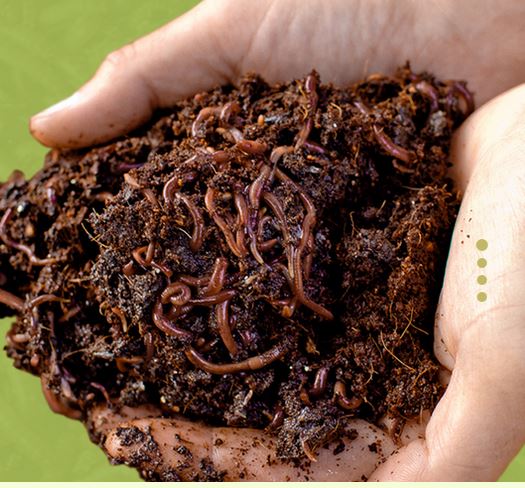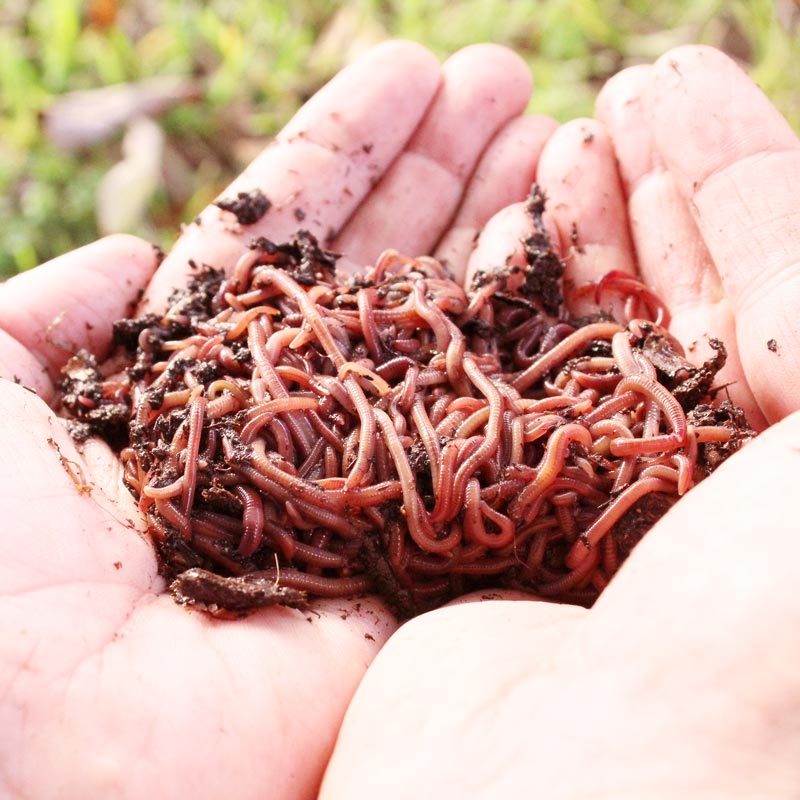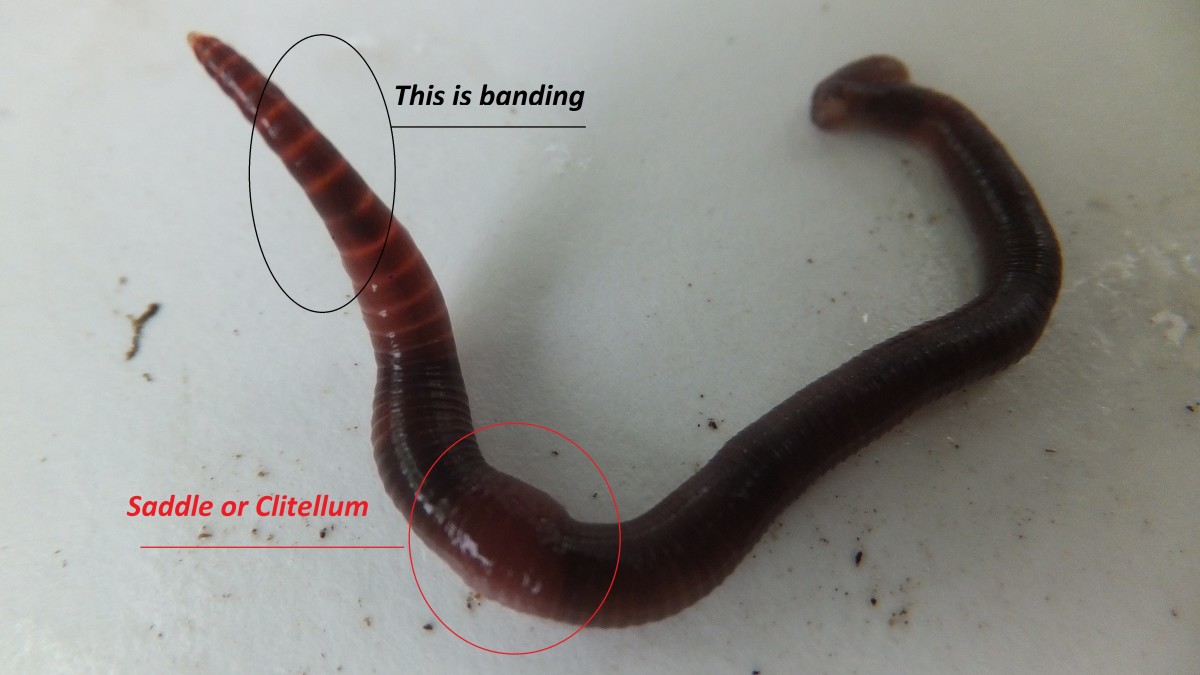Organic Composting with Red Wiggler Worms - Increase Your Garden's Development
Organic Composting with Red Wiggler Worms - Increase Your Garden's Development
Blog Article
Red Wiggler Worms Demystified: Opening the Keys of Vermiculture for Greener Living and Nutrient-Rich Soil
In the realm of sustainable practices for enhancing soil top quality and promoting eco-conscious living, red wiggler worms play a crucial yet commonly overlooked function. These simple animals have the exceptional capacity to change organic waste into nutrient-rich castings that work as a powerful all-natural plant food. By diving right into the globe of vermiculture, one can reveal a plethora of benefits that expand far beyond typical composting approaches. Understanding the details of taking care of these worms, enhancing their atmosphere, and utilizing their spreadings can lead to a greener way of life and healthier dirt for plants to grow.
The Function of Red Wiggler Worms
Red Wiggler worms play an important role in composting systems by successfully damaging down raw material right into nutrient-rich castings. These starved eaters consume a range of organic products, such as cooking area scraps, backyard waste, and paper items. As they feed, the worms' digestive system procedures break down the organic matter into a fine, dark, and nutrient-dense material referred to as worm spreadings or vermicompost.
The castings produced by Red Wiggler worms are extremely useful for soil health and wellness and plant growth. They are rich in essential nutrients like phosphorus, potassium, and nitrogen, which are essential for supporting healthy plant growth. Furthermore, worm castings have advantageous microbes and enzymes that help enhance dirt framework, boost water retention, and boost nutrient uptake by plants.
Benefits of Vermicomposting

Moreover, vermicompost, the nutrient-rich final product of vermicomposting, works as a superb natural fertilizer and soil conditioner. It enhances soil framework, improves dirt oygenation, and increases dirt wetness retention. These residential or commercial properties add to healthier plants with stronger origin systems and far better resistance to parasites and illness. Vermicompost additionally improves the dirt with important nutrients like nitrogen, phosphorus, and potassium, promoting plant development and general soil fertility.
Furthermore, vermicomposting assistances lasting horticulture methods by offering a all-natural and chemical-free choice to synthetic fertilizers. Red Wiggler Worms. This eco-friendly method not only improves the dirt however likewise assists decrease dependence on dangerous chemicals, promoting a greener and a lot more sustainable way of gardening
Setting Up a Worm Container
When establishing a worm bin for vermicomposting, appropriate arrangement is vital to make certain the success of the composting process. The very first action in establishing up a worm container is selecting a suitable container.
After adding the bedding, present the red wiggler worms to the container. The worms should then be offered with food scraps such as fruit and veggie peels, coffee grounds, and eggshells.
On a regular basis monitor the moisture levels and temperature in the worm bin to make sure optimal conditions for the worms. With correct arrangement and maintenance, the worm container will efficiently transform natural waste into nutrient-rich garden compost for your plants and garden.
Harvesting Worm Spreadings
To efficiently collect nutrient-rich worm castings from your vermicomposting system, an organized harvesting method is crucial. When it comes time to collect the worm castings, there are a couple of essential steps to comply with to make certain an effective procedure. Stop including fresh food scraps to one side of the worm bin for a couple of weeks before harvesting. This motivates the worms to move sideways with fresh bed linens and food, making it easier to dig the castings from the opposite.

Troubleshooting Common Issues
Determining and attending to common challenges that might emerge during the vermicomposting procedure is critical for keeping a healthy and effective worm bin. Including excess food scraps can lead to a build-up of wetness and level of acidity in the worm container, possibly harming the worms. An additional problem is undesirable smells emanating from the worm bin.
Additionally, if the worm populace is decreasing or the worms appear harmful, maybe because of environmental stress factors such as severe temperatures or pH degrees. Keeping an eye on these factors and making essential changes is essential for the well-being of the worms. By repairing these common problems without delay, vermicomposters can make sure a Click This Link effective and smooth vermicomposting process while keeping a flourishing worm population.

Final Thought
Finally, red wiggler worms play a vital role in vermiculture by damaging down organic matter into nutrient-rich soil. The benefits of vermiculture consist of greener living and boosted soil top quality. Setting up a worm container is important for effective vermiculture, and collecting worm spreadings provides beneficial garden compost for horticulture. By comprehending and troubleshooting usual issues, people can unlock the secrets of vermiculture for sustainable living and healthier dirt.
As they feed, the worms' digestive system procedures damage down the organic matter into a penalty, dark, and nutrient-dense product understood as worm spreadings or vermicompost.
The spreadings created by Red Wiggler worms are very useful for dirt health and wellness and plant growth. Including excess food scraps can lead to an accumulation of wetness and acidity in the worm bin, possibly harming the worms.Additionally, if the Recommended Reading worm populace is declining or the worms appear undesirable, it could be due to ecological stress factors such as severe temperature levels or pH levels. Setting up a worm container is essential for successful vermiculture, and collecting worm castings gives valuable compost for horticulture.
Report this page